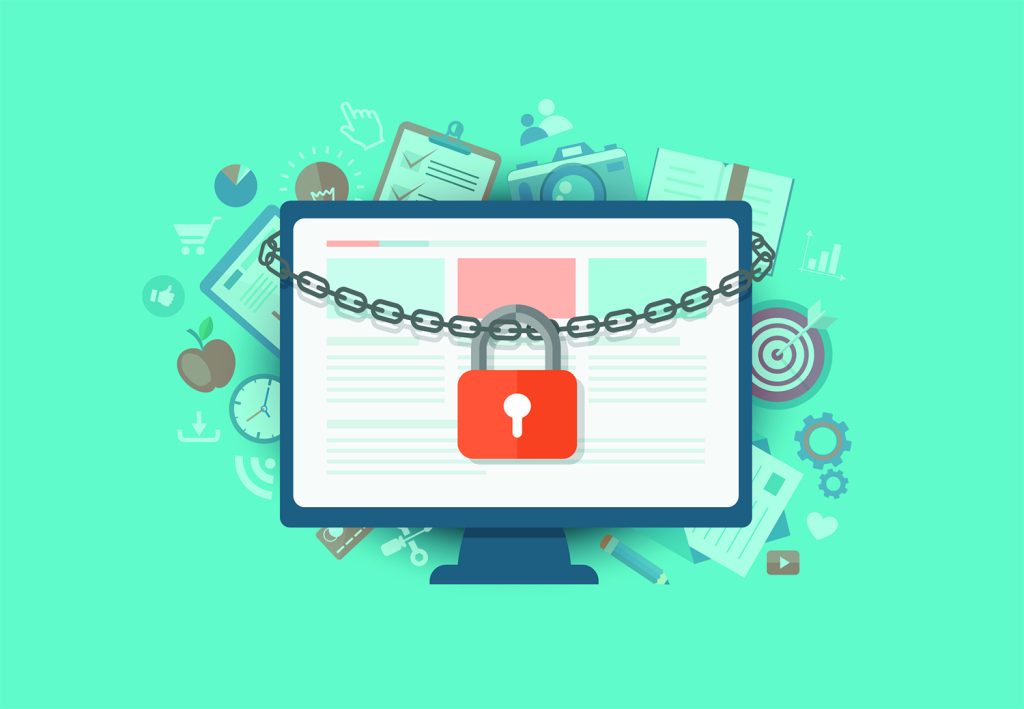Is IPTV Safe? Understanding the Risks and Best Practices

In recent years, IPTV (Internet Protocol Television) has gained immense popularity as a convenient and flexible way to access a variety of TV channels and content over the Internet. However, as with any online service, concerns about safety and security arise. In this article, we’ll delve into the safety aspects of using IPTV, exploring potential risks and providing best practices for a secure viewing experience.

Understanding IPTV Security Risks:
- Content Source Verification:
One of the primary concerns with IPTV is the source of the content. Some IPTV services may offer unauthorized access to copyrighted material, raising legal and ethical concerns. To ensure safety, users should opt for legitimate and licensed IPTV providers. - Malicious Software and Phishing:
Just like any online platform, there’s a risk of encountering malicious software or falling victim to phishing attempts. Users should exercise caution, avoid clicking on suspicious links, and only use reputable IPTV applications. - Privacy and Data Protection: Privacy and Data Protection:
IPTV services may collect user data for various purposes, such as improving service quality or delivering personalized content. Users should review privacy policies, opt for services with transparent data practices, and be cautious about sharing sensitive information.
Best Practices for Safe IPTV Use:
- Choose Reputable IPTV Providers:
Opt for well-known and reputable IPTV providers. Legitimate services are more likely to prioritize user safety, comply with copyright laws, and offer a reliable viewing experience. - Secure Internet Connection:
Ensure your internet connection is secure by using a password-protected Wi-Fi network. This helps prevent unauthorized access and enhances the overall security of your IPTV setup. - Regularly Update Software:
Keep your IPTV software, streaming devices, and any associated applications up to date. Updates often include security patches that protect against vulnerabilities. - Use a VPN for Added Privacy:
Consider using a Virtual Private Network (VPN) to encrypt your internet connection. A VPN adds an extra layer of security, especially when accessing IPTV services over public Wi-Fi networks. - Verify Content Legitimacy:
Be cautious about accessing content from unverified sources. Stick to licensed channels and applications to ensure the legality and safety of the content you’re viewing.
Conclusion:
While IPTV offers a convenient way to enjoy diverse content, users must be aware of potential risks and take proactive steps to ensure a safe viewing experience. By choosing reputable providers, securing your internet connection, and following best practices, you can enjoy IPTV safely and responsibly.



0 Comments